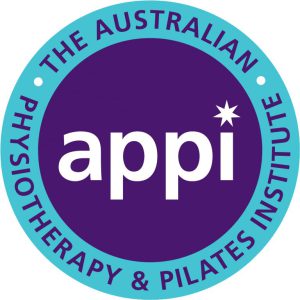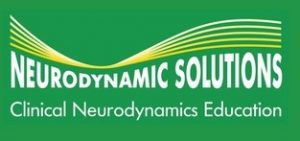Courses
Upcoming Courses at Life Fit
2024/2025 Courses
Life Fit Wellness and APPI Present:

About APPI’s Matwork Series
The APPI curriculum is designed by physiotherapists specifically for those working in the field of rehabilitation. They look at all types of pathology, movement patterns, neuro-muscular timing and neural pathomechanics to underpin the use of each and every exercise in the programme. The traditional Pilates repertoire is broken down into clearly defined levels to ensure a standard, gradual progression towards normal functional movement. Scientific evidence on movement dysfunction, segmental spinal stabilisation, integrated musculofascial patterns, pelvic stability and functional movement retraining form the theoretical foundation for the APPI curriculum.
The Matwork Pilates training series has been designed specifically for those teaching in the rehabilitation setting. Based on the most up to date evidence in spinal stability, pelvic stability, musculofascial alignment, functional retraining principles, strength/conditioning and pain science – this is the essential Pilates training tool for all health professionals.
- Matwork Level 1
- 26 - 27 April 2025
- 09:00 - 17:00
- £399
- Matwork Level 2
- 28 - 29 June 2025
- 09:00 - 17:00
- £399
- Matwork Level 3
- 04 - 05 October 2025
- 09:00 - 17:00
- £399
- Matwork Level 1
- 08 - 09 November 2025
- 09:00 - 17:00
- £399

ABOUT THE COURSE:
This 2 days course will present a simple evidence-based approach to the management of shoulder pathology, which is immediately applicable in your clinical practice. It will consider current development in the literature and how they inform the key factors contributing to successful outcomes.
The specific rehabilitation approaches for: dynamic shoulder stability, kinetic chain control, shoulder stiffness, shoulder tendinopathy, culpritis etc will be discussed and accomplished by a practical workshop. These is highly practical course, which contains lots of rehabilitation tips !
Aims:
To present the current literature regarding dynamic stability of the shoulder complex and explore the application to clinical assessment and treatment.
To present the current literature regarding the pathophysiology of common shoulder conditions and describe the impact on the dynamic stabilisers.
To demonstrate key assessment tools to explore function of the dynamic stabilisers of the shoulder as a basis for treatment planning.
To demonstrate key treatment approaches based on the current evidence to address movement dysfunction in the shoulder complex.
Learning Outcomes:
By the end of this two-day course the participant should;
Understand current concepts of dynamic stability of the shoulder joint.
Understand current theories relating to the pathophysiology of common shoulder conditions and their impact on dynamic stability of the shoulder joint.
Develop an awareness of current research regarding evidence-based treatment of shoulder pathology.
Understand key assessment and treatment tools for the successful treatment of the shoulder joint.
Have the ability to clinically reason key treatment approaches in the management of common shoulder conditions.

ABOUT THE COURSE:
Osteo-Circuit™ is an evidence-informed Physiotherapy Exercise and Education Program for people with osteoporosis. One in three women and one in five men over the age of fifty will suffer an osteoporotic fracture in their lifetime. People who have suffered a vertebral fracture are at imminent fracture risk. Physiotherapists can play a key role in decreasing risk of fracture as well as promoting health and independence.
Unique features of the Osteo-Circuit™ model include the application of extensive theory, and the understanding of current medical management, as it relates to the Physiotherapy management of the osteoporosis patient. The detailed assessment of each patient, whether fit or frail, with or without vertebral fractures, male or female, of any age, leads to the prescription of an individualized and progressive exercise and education program.
A Program Evaluation with the University of Toronto demonstrated there was a statistically significant decrease in fall and fracture risk in post-menopausal women who adhered to the program. The Program Evaluation recommended Osteo-Circuit™ be expanded to other clinics and community settings.

Never Miss a Course
If you would like to join the mailing list for updates about forthcoming courses, please fill out this form.









